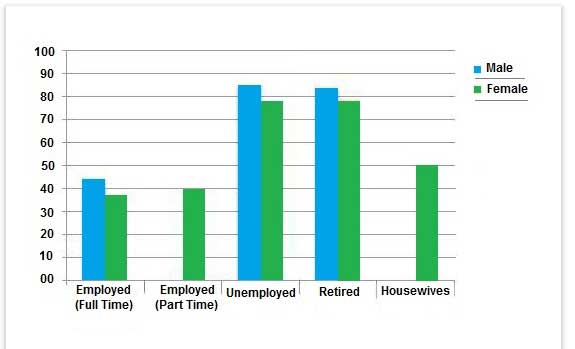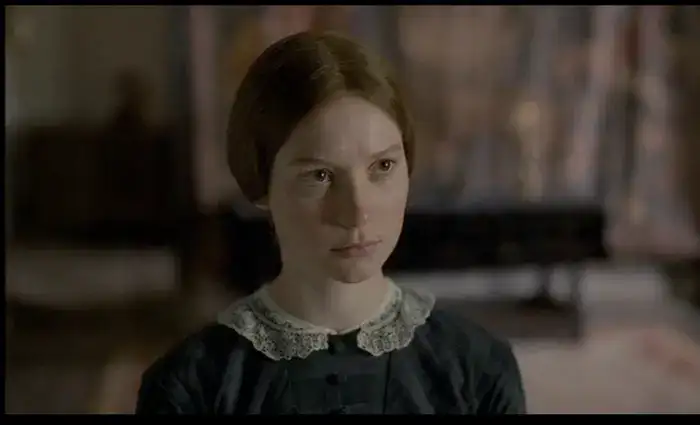IELTS Writing Task 1 | Leisure Time IELTS Writing Task 1 | Leisure Time ?Instructions: The table, graph or bar chart below shows the number of hours of leisure time during a week enjoyed by males and females across various employment status. Write a report for a university lecturer describing the information delineated in the graph. General Information You have 20 minutes for this task. Your essay should consist of at least 150 words. Your addressee is a university lecturer. It is important to read the instructions closely to specify the main focus of your report. In the exam, you ...
Home » IELTS Essay Writing Practice » IELTS Writing Task 1 | Leisure Time

IELTS Writing Task 1 | Leisure Time
Updated: by Dr. Mohammad Hossein Hariri Asl
Time to Read: 4 minutes | 408 Views | 2 Comments on IELTS Writing Task 1 | Leisure Time
Share This Post
About the Author
Dr. Mohammad Hossein Hariri Asl is an English and Persian instructor, educator, researcher, inventor, published author, blogger, SEO expert, website developer, entrepreneur, and the creator of LELB Society. He's got a PhD in TEFL (Teaching English as a Foreign Language).
Number of Posts: 4242



The bar chart demonstrates the number of hours of leisure time enjoyed by males and females in a typical week according to gender and employment status.
Among those employed full-time, men on average had forty-five hours of leisure, whereas women had approximately thirty-seven hours. In the unemployed and retired categories, leisure time showed an increase for both sexes, as might have been expected. Here also men enjoyed more leisure time over eighty hours, compared with seventy hours for women, perhaps reflecting the fact that women spend more time working in the home than men. There were no figures given for males part-time workers, however, females part-time had forty hours of leisure time, only slightly more than females in full-time employment.
Lastly, housewives enjoyed fifty hours of leisure, on average. Overall, the chart illustrates that in the categories for which statistics on males leisure time were available, men enjoyed at least ten hours of extra leisure time.
Dear Arash,
Thank you so much for submitting your IELTS report on leisure time to us for analysis and scoring.